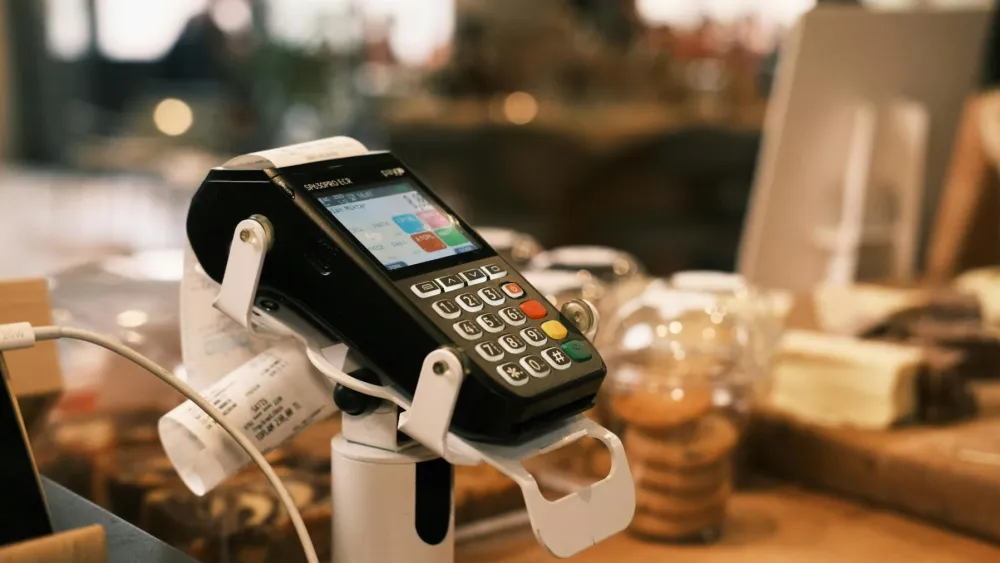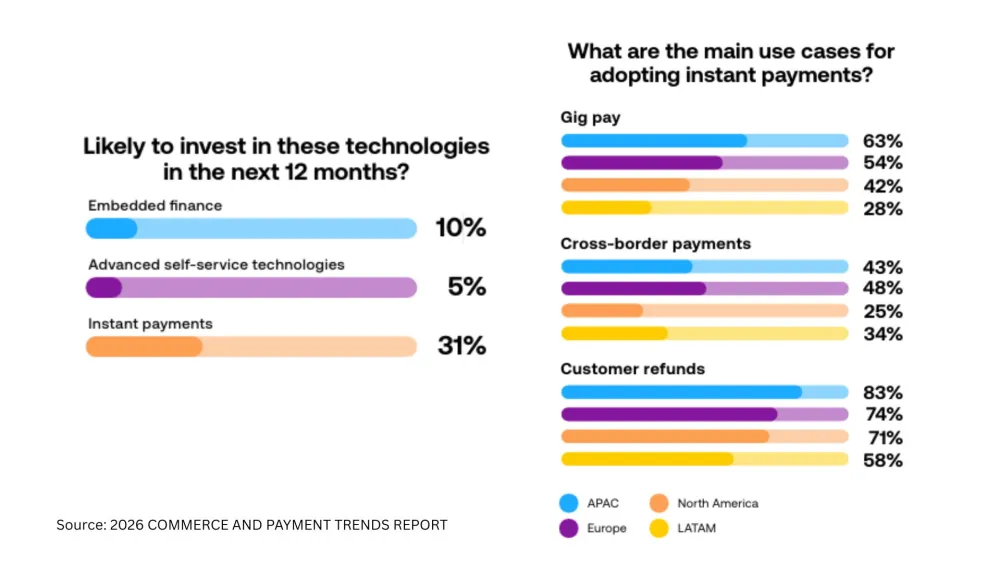
Singapore sees $2.1m lost in credit card fraud over three years
Card scheme operators have implemented the 3-D Secure protocol for added security.
Singapore reported an average of 790 credit card fraud cases yearly between 2021 and 2023, with $2.1m in losses, according to Monetary Authority of Singapore (MAS) chairman Gan Kim Yong, citing Singapore Police Force data.
Global card schemes, such as those operated by Visa and Mastercard, along with card issuers like banks, have strengthened their measures against credit card fraud, Gan said.
He noted that card scheme operators have implemented the 3-D Secure (3DS) protocol for added security in online credit card transactions. This requires separate authentication by cardholders, ensuring that transactions cannot proceed using only static card details such as the card number, expiry date, and CVV code.
Banks have also enhanced consumer protection through real-time transaction monitoring systems that notify users when potentially fraudulent activity is detected.
Additionally, they are transitioning from SMS-based one-time passwords (OTPs) to push notifications on digital tokens within banking apps for 3DS transaction authentication. Push notifications are considered more secure as they are not susceptible to phishing, unlike SMS OTPs.
In response to a query from Desmond Choo, Member of Parliament for Tampines Group Representation Constituency, Gan said MAS would not adopt a framework akin to the Shared Responsibility Framework for credit card fraud. He explained that credit card users in Singapore are already protected by well-established regulations and practices that limit liability in cases of fraud.
Consumers benefit from the Association of Banks in Singapore’s Code of Practice for Banks – Credit Cards, which caps a cardholder’s liability for unauthorised transactions at $100, provided the cardholder has not acted fraudulently or been grossly negligent, and reports unauthorised transactions promptly to their issuing bank.
However, this $100 liability limit does not apply if a cardholder unwittingly authenticates a fraudulent 3DS transaction, as this is considered negligence, Gan clarified.
Aside from these protections, consumers can utilise the chargeback mechanism under card scheme rules. This process enables credit card holders to dispute charges and request refunds for unauthorised transactions, he added.
Despite these mechanisms, Gan advised the public to remain vigilant in protecting their credit card information through regular transaction monitoring and immediate notification to card issuers in cases of card loss, theft, or unauthorised activity.



















 Advertise
Advertise










